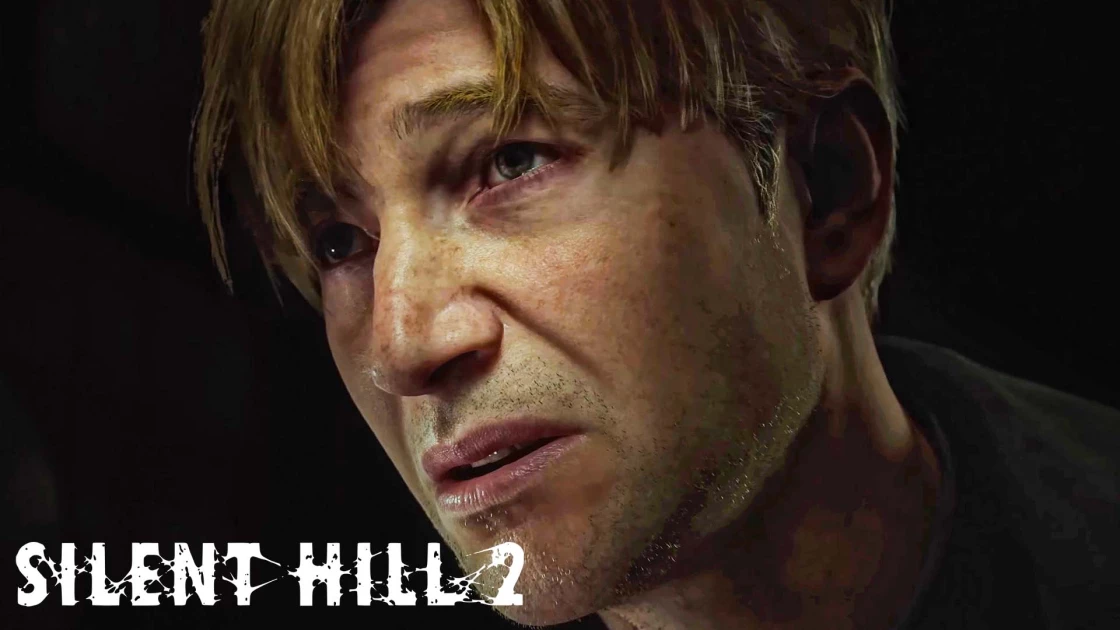“It is clear that there has been a major failure in an important chapter of epidemic management, called ‘risk communication’. We have failed miserably,” said the professor of pathology – head of the Infectious Diseases and Experts Group, which caused a stir – and a lot of comments and reactions on social media. Sotris ChiotrasDuring his speech at a conference on “Pandemics that have shocked mankind” with the participation of respected scientists.
“I don’t know if we failed because I left or because others left. I think we failed because we stopped believing in scientists and started believing in our own ideologies,” he added. Generally Mr. Chiotras leaving clear spikes.
Ciotras: SOS for long covid – the impossible illness caused by flu and coronavirus at the same time
It is noteworthy that there were not a few who argued that the “contradictions” in the epidemic recommendations and measures, but also the “non-cooperation” of the citizens, followed the departure of Ciotra from the “frontline” and official information. .
“Risk communication requires experts, a team, collaboration to find out what your audience thinks (public opinion). Something we’ve been missing. More […] A key building block of risk communication is built on trust in the physician, scientist, and expert who analyzes risk communication. “We have lived and still live through endless fake news,” Mr. Tsiotras added.
The professor noted the effects of the “Long Covid” syndrome and the immunity of Omicron, while stressing that the risk of new infections has increased, underlining the need for strong, integrated, sustainable and anti-surveillance systems.
At the same time, he offered four scenarios for the future of the coronavirus, three pessimistic and one optimistic.
4 scenarios
“Will we end the epidemic? I want it to be very simple. The emergency phase seems to be winding down. I personally see a beginning. People need to be more prepared, science needs to be better organized, so that we can gradually return to normal, with sensitive protection, booster We are better prepared for the future, not only in Greece but also in the world, to give the dose, to treat immediately when needed, to continue monitoring and review with our new tools,” said Prof. Sothiris Tsiotras during his speech at the conference organized by the IASO General Clinic.
Mr. Tsiotras analyzed four scenarios for the future:
First scene
Variations will continue to evolve, and neutralizing antibodies will dwindle to almost zero over time, he said.
We lose the immunity we acquired from vaccines and previous infections and are not immune to new variants. This means we will need new vaccines and booster doses, he said.
It refers to three hotly debated strains: the BA.2.275.2 strain, which has been found in 55 countries and 43 states in the United States; It is considered highly resistant as it escapes the protection of monoclonal antibodies.
The BA.4.6 strain has been detected in 77 countries and accounts for 14% in the United States. It is starting to overtake the still superior “Omicron”.
The HBV strain has made its presence felt in Singapore and has tremendous immune evasion.
The professor expressed his satisfaction with the control of SARS-CoV-2 strains in Greece, he said that most countries do not control strains, and that the “Omicron” variant prevails in 100%, 98% or with the sub-variant BA. .5. There is a vaccine for this.
Second view
The simultaneous circulation of the coronavirus and the flu, if it prevails, will affect vulnerable groups, who should be vaccinated, he underlined.
However, Mr. As Tsiotras said, it’s impossible for both viruses to spread at large rates at the same time, as we’ve seen, when the coronavirus spreads at high rates, it eliminates the flu.
Third view
A third scenario involves using scientific weapons, vaccines and treatments to combat Covid-19.
“We now know that the benefit of both vaccination and antiviral treatments is greatest for people over 65,” he stressed.
He reiterated that three doses of vaccines saved 20 million lives by 2021, and the benefit would be greater with a 4th dose.
In Greece, 40,000 lives have been saved by April 2022. The 4th dose of those who do it is low, only 15%, and requires continued effort of information.
Also, the professor feels that it is necessary to train health workers to provide timely treatment when needed. “We have not walked into this epidemic blindly, we have observed what is happening around us, and we are wise to communicate quickly and regularly with international organizations.”
Fourth scene
There are mutations in the Omicron family in which immunity is acquired from vaccination and previous infection.
Societies are gradually returning to normal, as the professor said, with the aim of protecting the vulnerable and the elderly, respecting the necessary measures to control the epidemic and convincing the public that behavior must be adapted to the conditions in which we live. Still at risk.
“Risk communication needs to be emphasized, it needs experts and partnerships, and we have failed miserably because we stopped trusting science and trusted our theory. The main building block of risk communication is built on trust in the doctor, the scientist, the expert,” he concluded.

. “Professional creator. Subtly charming web advocate. Unapologetic problem solver. Devoted student.”





More Stories
Bad weather: Flooded roads in Pelion, which areas are at risk – live updates
Background to Papanotus' dismissal and Kasselakis's change of attitude
SYRIZA: How and why Papanotus was sacked – Background and what was discussed in the Politburo – Newsbomb – News